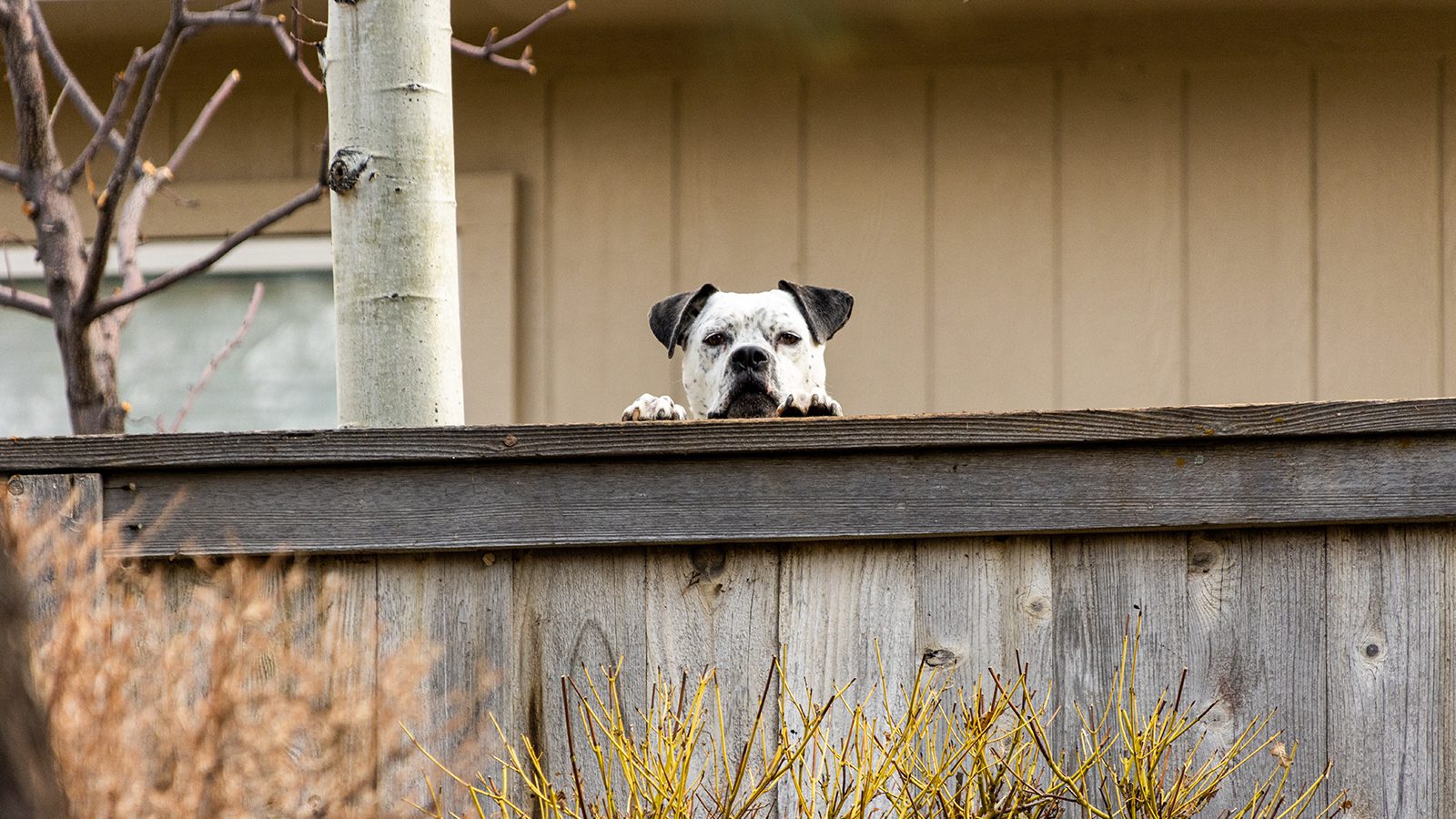Research by Ohio State University professors found that neighborhoods with dogs often have less crime. So, if you want a safe place to call home, consider living where man’s best friend roams. A high concentration of dogs means that neighbors can watch the streets while walking them. This helps reduce crime and also instills trust among the community.
In the study, researchers discovered that neighborhoods with more dogs had lower instances of homicide and robbery. They also reported fewer aggravated assaults compared to neighborhoods with fewer canines. However, this only was true if neighbors had a close bond and high trust levels.
The findings imply that people walking their dogs can also keep a watchful eye on anything suspicious. More eyes on the streets helps deter crime and keep the neighborhood safe.
“People walking their dogs are essentially patrolling their neighborhoods,” Nicolo Pinchak, lead author of the study and a doctoral student at OSU said. “They see when things are not right, and when there are suspect outsiders in the area. It can be a crime deterrent.”
The study was published on June 25, 2022, in Social Forces.
Sociologists have speculated that mutual trust and neighborhood surveillance could discourage crime for many years. However, scientists couldn’t measure how residents keep watch over their neighborhoods.
“We thought that dog walking probably captures that pretty well, which is one reason why we decided to do this study,” study co-author Christopher Browning, a professor of sociology at OSU said.
Study Reveals That Neighborhoods With Dogs Have Less Crime
For the research, the team analyzed crime statistics from 2014 to 2016 for 595 neighborhoods in the Columbus, Ohio area. They gathered data from a marketing firm that asked Columbus residents if they owned a dog in 2013.
They also obtained data from the Adolescent Health and Development in Context study (Browning oversees) to calculate trust in each neighborhood. In that study, residents had to rate how strongly they agreed with the statement: “people on the streets can be trusted.”
Previous research shows that trust among neighbors plays a vital role in discouraging crime. It implies that residents will aid one another in a threatening or dangerous situation. This collective mindset uplifts neighbors and makes them feel safer in their homes.
As researchers predicted, the results of this study found that neighborhoods with high mutual trust had fewer crimes. Homicides, robberies, and aggravated assaults happened much less frequently than neighborhoods with lower trustworthiness.
Among these high-trust neighborhoods, those with more dogs had even less crime than neighborhoods with fewer four-legged protectors. The study found that high-trust neighborhoods with many dogs had around two-thirds the robberies of those with a smaller dog population. Also, areas heavily populated with canines had about half the homicide rates of neighborhoods with fewer dogs.
Pinchak said that regular dog walking could explain these statistics.
“Trust doesn’t help neighborhoods as much if you don’t have people out there on the streets noticing what is going on. That’s what dog walking does,” Pinchak said.
Many people prefer cats as pets, but since they don’t require walking, it’s a disadvantage regarding neighborhood surveillance.
Dogs Help Discourage Many Types of Crime
“When people are out walking their dogs, they have conversations; they pet each other’s dogs. Sometimes they know the dog’s name and not even the owners. They learn what’s going on and can spot potential problems,” Pinchak added.
Results determined that both trust and dog-walking helped lower crime rates in neighborhoods. Since homicides and robberies tend to happen in public areas like neighborhoods, strong ties with neighbors can deter crime.
The research also revealed that having more dogs around can reduce property crimes. Even if residents have lower trust levels, dogs can discourage crime since they alert their owners of intruders. If a criminal sees a dog outside, they will likely steer clear of the area to avoid being caught.
The added security that dogs and mutual trust provided remained even when accounting for other crime-related factors. These included the proportion of young adults in the area, residential instability, and socioeconomic status.
In summary, the study suggests that having mutual trust among neighbors could go a long way in preventing crime. This effect becomes more pronounced in neighborhoods with a high concentration of dogs.
“There has already been a lot of research that shows dogs are good for the health and well-being of their human companions,” Pinchak said. “Our study adds another reason why dogs are good for us.”
Going outside regularly with your dog can help you stay in shape, another benefit of owning a pet. Not to mention, dogs’ cuddles and emotional support make them well-loved by millions.
If you don’t own a dog, you might consider getting one after reading this study. They will help keep a close eye on your neighborhood and instill a sense of safety. After all, people put up the “Beware of Dog” signs for a reason: it makes the home far less appealing to criminals.
Pinchak and Browning are members of Ohio State’s Institute for Population Research, which helped fund the study. Other study co-authors included Bethany Boettner of Ohio State, Catherine Calder, and Jake Tarrence of the University of Texas at Austin.

Final Thoughts on Study Showing Dogs Help Keep Neighborhoods Safe
If you need another reason to love dogs, the study by OSU researchers provides an easy one. They found neighborhoods with more dogs had much lower crime than areas with fewer canines.
The research team discovered that robberies, homicides, and aggravated assaults occurred less in areas with a high canine population. Also, the team found that property crimes decreased in neighborhoods with more canine buddies. This effect became more pronounced in locations where residents had good neighbors they could trust.
We call them man’s best friend for many reasons, perhaps because they always put their humans first. So, if you live alone or just want more security, we highly encourage you to adopt your furry friend.


















